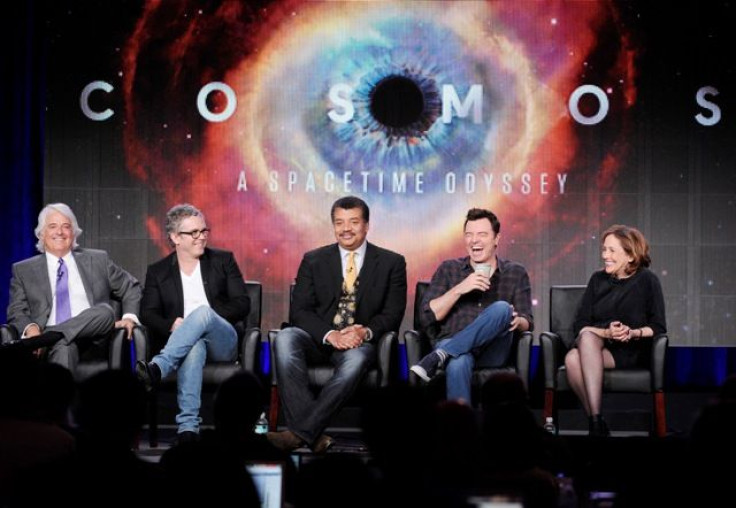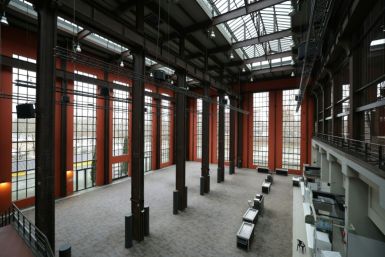Neil deGrasse Tyson urges Australian government to invest more in pure science

One of the world's most famous astrophysicist Neil deGrasse Tyson, who is in Australia for a conference, has passionately urged governments of all countries including Australia to invest more in pure science.
When “PM” presenter Mark Colvin told him that there is an increasing trend of investing in applied science than in field of science like physics, Tyson said it would be "disastrous" if those areas of science do not get adequate funding. “It would be disastrous in ways that you cannot even measure,” he said on Monday’s “Q&A.”
He spoke on the discovery of quantum physics and what transformation it has brought 50 years later, which now constitutes the foundation of the information technology revolution. "By some measures, one third of the world's GDP is traceable to the creation, storage and retrieval of information as we now perform it in the digital era,” he added, saying that it was totally unpredictable.
While illustrating, Tyson cited examples of Albert Einstein’s work that he published during the early part of the 20th century. He said Einstein’s theoretical paper, what is now known as stimulated emission, paved the way for the development of a multi-billion-dollar laser industry.
He spoke on the necessity of laser, or light amplification by stimulated emission of radiation, in daily lives, starting from tattoo removal to communications to the scanning of retail products at the supermarket.
Talking about laser, he pointed out that if people remain ignorant towards the research of such science, then they are destroying the truly revolutionary science and technology that could take the country into the next century and lead the world.
Later when Tyson was asked, "Where do you think we will be in the next 100 years?" He responded saying that 21st century wouldn’t come into existence without investing in science and technology. He concluded that in 100 years, when all limited resources would deplete, then we would have to resort to the solar system for resources.
Contact the writer at feedback@ibtimes.com.au, or let us know what you think below.






